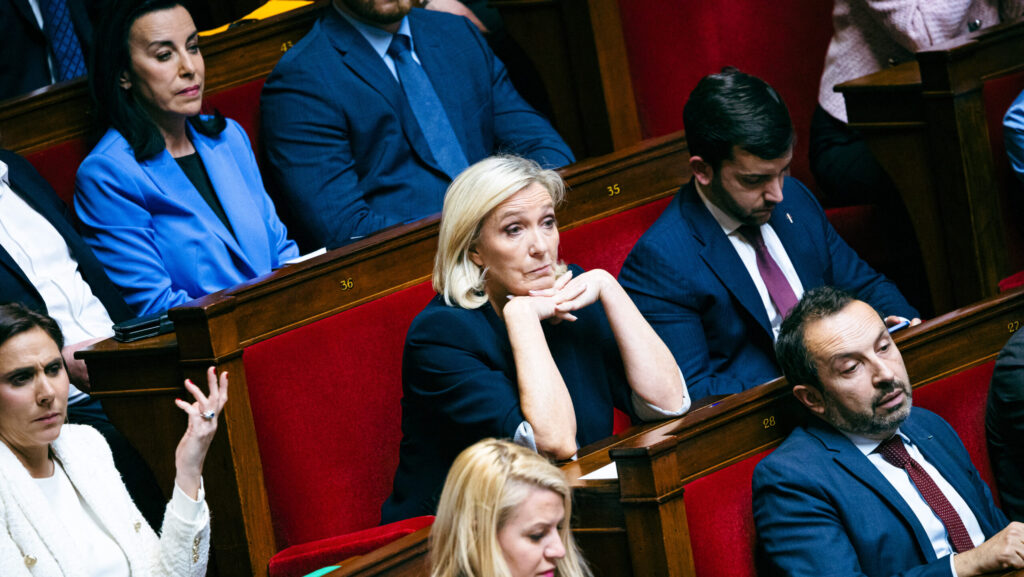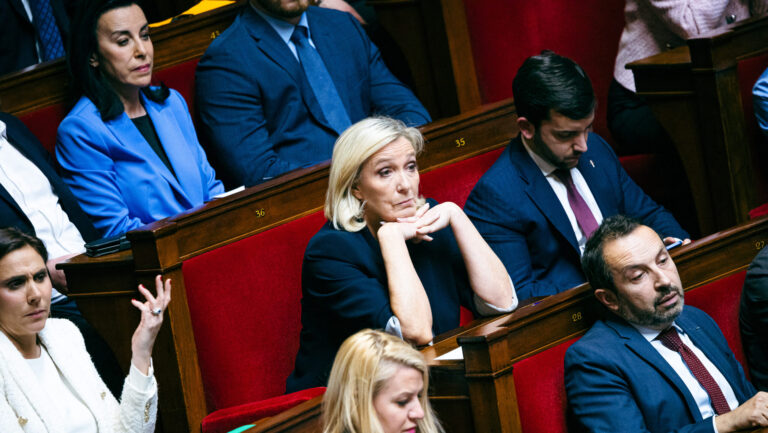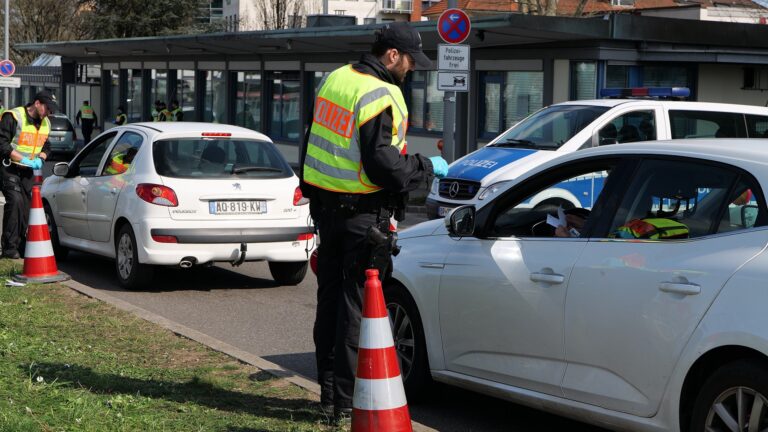A cultural cold war is currently ongoing within Western civilization. The offensive by self-styled liberals (who should not be confused with the classical liberals of the eighteenth and nineteenth centuries), so-called progressives, greens, neo-Marxists, and the like, is targeting such values and institutions as universal moral standards, patriotism, family, and religion, among others. People and nations which are conducting a—sometimes rear-guard—fight have largely been on the defensive.
However, a sort of informal coalition has emerged recently that is making use of well-established platforms, from journals to think tanks and conferences, as well as creating new ones, such as the Alliance for the Common Good, to disseminate what conservatives are thinking about today’s pressing social, economic, political, and cultural issues. Central Europe, which was a ‘policy taker’ for centuries, has been making huge efforts to transform itself into a ‘policy maker’ with regard to the present and future of its inhabitants. One area where the people and countries of the region can actually make a difference is the intellectual revival of conservatism, the defence of ‘traditional’ values against the repeated attacks on these from both sides of the Atlantic.
The Budapest Demography Summit in late September 2021 addressed one of the central questions of the cultural cold war: the role of the family in modern society, as well as contemporary demographic trends, with special reference to the Western world. If we accept the well-known maxim that wars are not won on the battlefields, we may as well believe that the cultural cold war can be won or lost in the home, while the future of the entire Western civilization depends as much on demography as on the traditional components of power, including military capabilities, and economic might.








